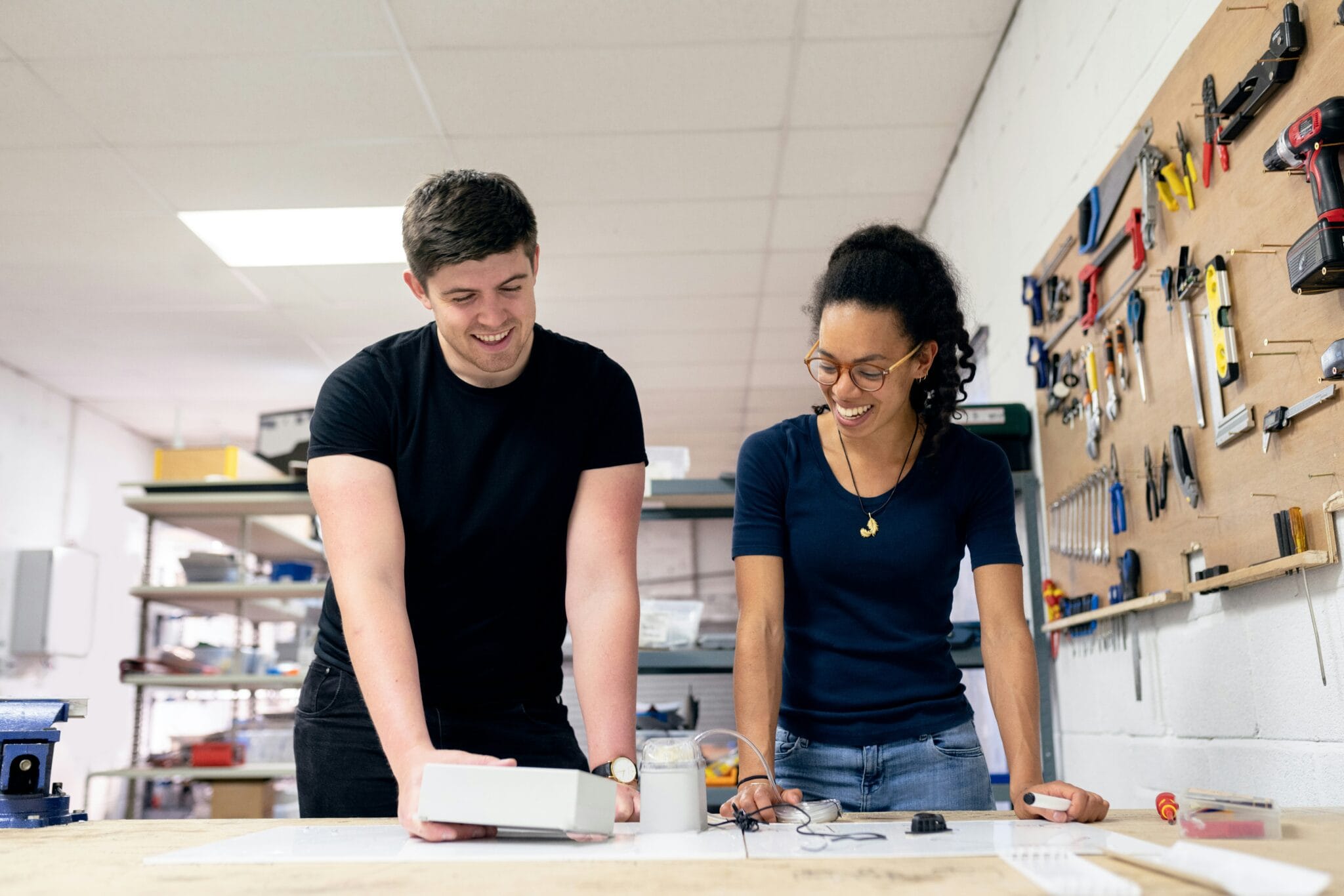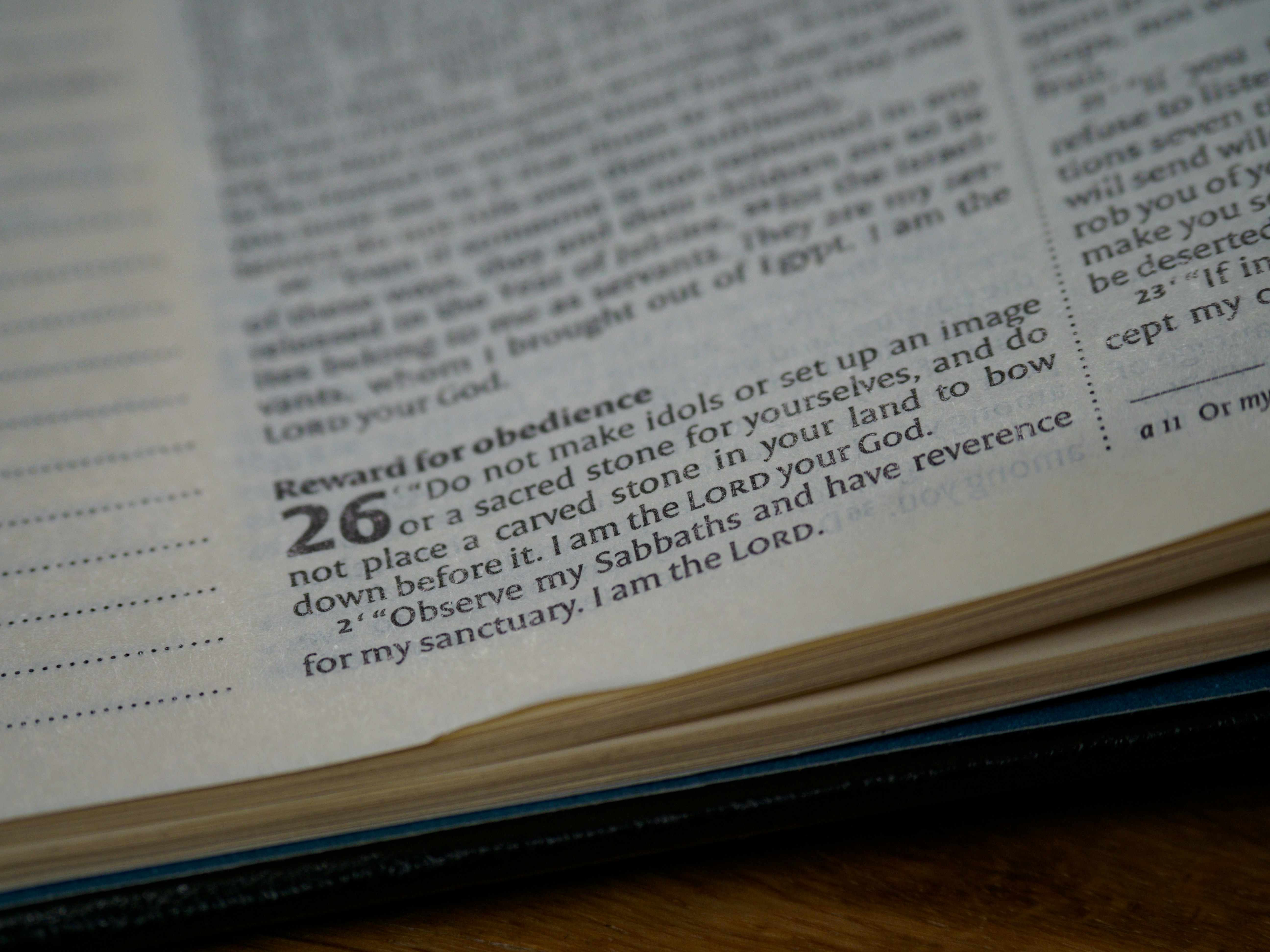Patience Is The Power Of Overcoming Circumstances In Life

The Power of Patience in Overcoming Anxiety
In today’s fast-paced and constantly changing world, it’s easy to feel overwhelmed and anxious about the challenges we face. From personal struggles to global crises, anxiety can creep into our lives and hinder our ability to find peace and happiness. However, there is a powerful antidote to anxiety that has been recognized for centuries: patience.
Understanding Anxiety
Anxiety is a natural response to stress, uncertainty, or fear. It can manifest as a feeling of unease, restlessness, or even physical symptoms such as rapid heartbeat and shortness of breath. While it’s normal to experience anxiety from time to time, chronic anxiety can have a detrimental effect on our mental and physical well-being.
When we’re anxious, our thoughts become consumed by worries and negative scenarios. We may find it difficult to focus, make decisions, or enjoy the present moment. Anxiety can also lead to sleep disturbances, weakened immune system, and a general sense of unhappiness.
The Call to Patience
In the book of Philippians, the apostle Paul provides us with a powerful reminder to be patient and trust in God’s plan. Philippians 4:6 NKJV says, “Be anxious for nothing, but in everything by prayer and supplication, with thanksgiving, let your requests be made known to God.”
This verse encourages us to let go of our anxiety and instead turn to prayer and supplication. By expressing our concerns and desires to God, we are acknowledging our need for His guidance and intervention. But it’s not just about making our requests known; it’s also about doing so with thanksgiving.
The Practice of Patience
Practicing patience involves cultivating a mindset of trust and surrender. It requires us to let go of our need for control and instead place our faith in a higher power. This doesn’t mean that we passively wait for things to happen; rather, it means that we actively engage in the present moment, trusting that everything will unfold in its own time.
One way to practice patience is through mindfulness meditation. By focusing on our breath and observing our thoughts without judgment, we can learn to let go of anxious thoughts and bring ourselves back to the present moment. This practice helps us develop a sense of inner calm and resilience in the face of uncertainty.
The Benefits of Patience
When we cultivate patience, we not only reduce anxiety but also experience a range of other benefits. Patience allows us to approach challenges with a clear and rational mind, making it easier to find solutions and make wise decisions. It improves our relationships by helping us listen attentively and respond thoughtfully. Patience also enhances our overall well-being by reducing stress and promoting a sense of inner peace.
Moreover, patience enables us to develop a growth mindset. Instead of viewing setbacks as failures, we see them as opportunities for learning and growth. This mindset shift empowers us to persevere in the face of obstacles and achieve our goals.
Practical Tips for Cultivating Patience
While patience is a virtue, it’s not always easy to practice, especially in our fast-paced society. Here are some practical tips to help you cultivate patience:
- Practice self-care: Taking care of your physical and mental well-being is essential for cultivating patience. Make sure to prioritize activities that help you relax and recharge, such as exercise, spending time in nature, or engaging in hobbies.
- Set realistic expectations: Unrealistic expectations can lead to frustration and impatience. Be mindful of what you can control and what is beyond your influence. Focus on progress rather than perfection.
- Practice gratitude: Cultivating a grateful mindset can help shift your focus from what you lack to what you have. Take a few moments each day to reflect on the things you are grateful for.
- Practice active listening: When engaging in conversations, make a conscious effort to listen attentively and empathetically. Avoid interrupting or rushing to respond.
- Embrace uncertainty: Life is filled with uncertainties, and learning to embrace them can help you develop patience. Trust that everything will work out in its own time and focus on the present moment.
Conclusion
While anxiety may be a common experience, it doesn’t have to control our lives. By cultivating patience and turning to prayer and supplication, we can find solace and peace in the midst of uncertainty. Patience allows us to approach challenges with a calm and rational mind, leading to better decision-making and improved overall well-being. So, let us embrace patience as a powerful tool for overcoming anxiety and finding true inner peace.




Leave a Reply
You must be logged in to post a comment.